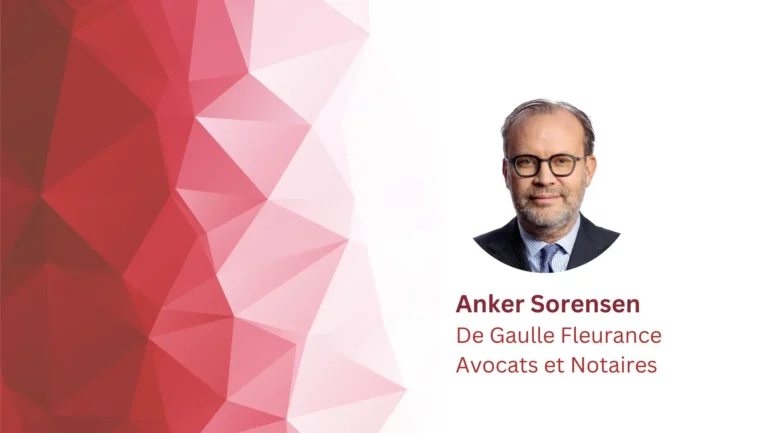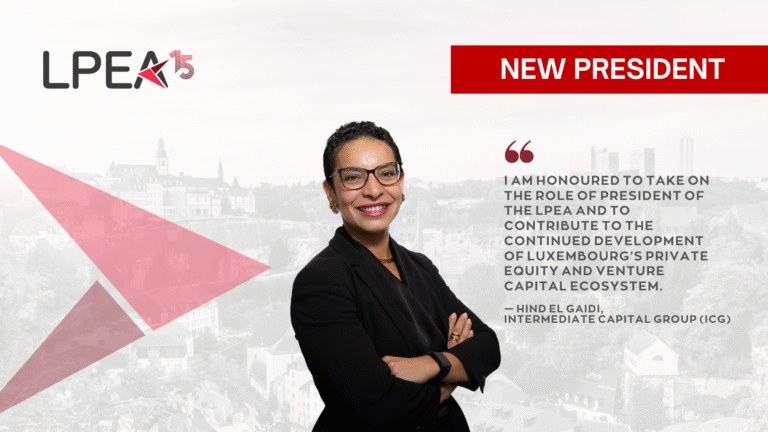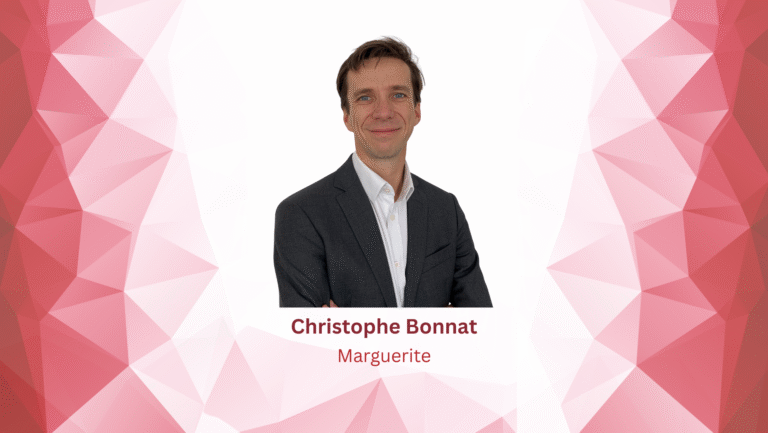Guest article byNic Mueller, CFA, Wirtschaftspruefer, Senior Manager at KPMG Luxembourg
What’s so “private” about Private Equity?
5/03/2016
In my last post I wrote, inter alia, about the desire of the industry (well, actually mainly me) to standardize and harmonize reporting in order to enhance investor decision making. This is underpinned by the notion of “privacy” (read: “lack of transparency”) which appears to be at the very heart of “private equity”, since it is inherent in its definition … or is it? In this article I’ll be looking into how “private” the industry actually is.
A misnamed Asset Class
Let me start by blaspheming that “Private Equity” is a misnomer: if it was about being “private”, why is everyone so obsessed about IPO’s which – if you believe the Global Private Equity Report 2016 by Bain & Company that was released last week – remain the exit route that offered the best exit prospects, with $60bn cashed in by GPs in 2015, the second-strongest year ever?
Take it one step further: one may argue the idea of “private” it is not about the “limited number of investors in a portfolio company”, but about the limited access to the asset class itself: again, I would be willing to agree if the industry was largely dominated by family offices, private banks and endowments. However, judging by InvestEurope’s (formerly EVCA’s) “2014 European Private Equity Activity” report, 1/3 of the investor base in Private Equity (Buyout, not VC) funds are Pension funds, 1/10 are insurance companies. Broadly speaking, half of the returns earned are for the benefit of every one of us, indirectly through our corporate pensions plans or life insurance policies.
It goes without saying that the “equity” within the denomination is also not nearly capturing all forms of participations that are now being summarized under the term, but let’s look into that later.
Excursus: Books cooked by crooks
Obviously what I was saying above is only half-true [though it seems to have kept your attention]: having control of a company and not being forced to waste resources on compiling quarterly reports that are already outdated when published in order to satisfy a wide (and probably only remotely knowledgeable about your business) shareholder base allows you to focus on what is really relevant. And not allowing Joe Bloggs down the road to put his lifetime savings (directly) in a closed-end funds is probably one of the better ideas of our beloved legislators (you disagree? Leave your comment!)
But the mechanics of the asset management industry still seem to scare the hell out of our elected politicians, who have been trying for almost a decade now to impose regulation that is supposed to increase transparency. After all, wouldn’t we all want to know what happens with our money? It’s the reason Luca Pacioli invented double-entry bookkeeping, the mysterious art logical process which has allowed accountants to feed their families for centuries. Name it Dodd Frank, Volcker Rule, AIFMD, or on a more global scale (focusing on principal rather than fiduciary business) the Basel regulation – all these bits and pieces have been introduced because rule makers confessed that they have no idea what’s on the books of organizations that collectively have the capacity to shift quazillions of cash.
Not so private after all?
Talk about all that with your LPs, and they will burst out laughing. Why?
They are human beings.
They have always sought close contact with their GPs (the physical managers, not the shell company with the fancy name followed by “S.à r.l.”), and always will. When they want to know what’s currently going on in the fund, they will pick up the phone, call the GP and get an answer. If they require to know the exact amount of transaction-based fees, broken down by new portfolio companies, bolt-on acquisitions and broken deals, they’ll ask for it and get an answer instantly … or once your favorite offshore accounting administrator has compiled the information. Many investors claim that their private equity portfolios are actually the most transparent investments in their overall portfolio, because of the close GP/LP relationships maintained nowadays.
Err… but what about this whole harmonization thing?
Everything you can read above seems to contradict everything I have written in my previous post. Don’t worry, I have not gone completely crazy within one week – I wanted to discuss the other side of the story first, before jumping into “why I believe this and that is a good idea”.
I’ve touched on various industry initiatives in my first post, and will devote more space to them in my next articles. Have a great sunday, everybody!
You cal also access this article on Linkedin Pulse.





